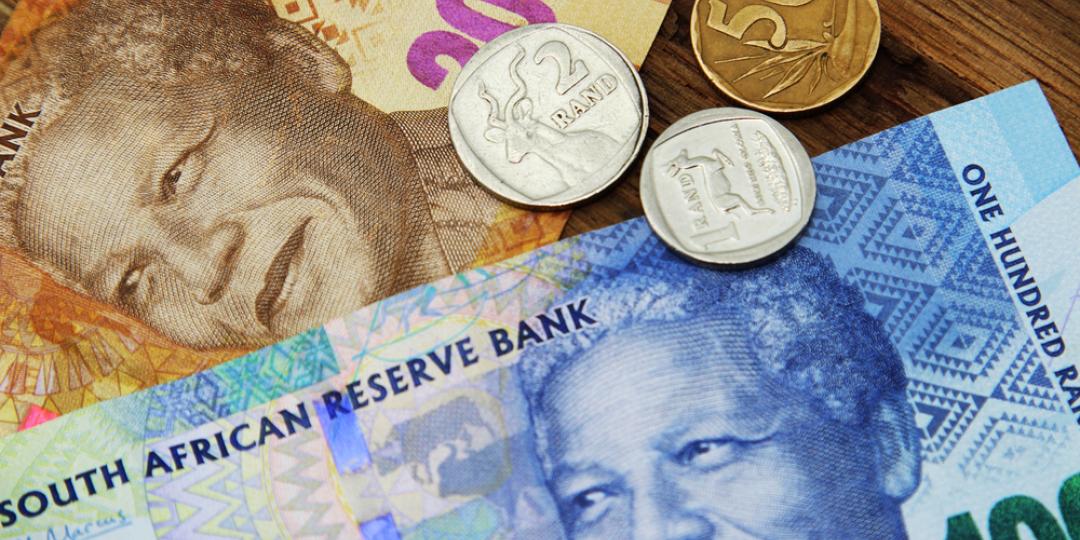While Unemployment Insurance Fund (UIF) Commissioner Teboho Maruping admitted that the government organisation was feeling the pressure of tourism organisations lobbying for continued financial relief, he added that this may not be feasible.
He noted this during the Tourism Sector Recovery Plan webinar held earlier today (August 14) by the Department of Tourism.
“UIF has reached the R40bn (€1.9bn) mark on its Temporary Employee Relief Scheme (TERS) pay-outs and the Tourism Business Council of South Africa (TBCSA) is putting pressure on us for more relief for the tourism sector. But I am not sure if it will be financially feasible,” he said.
“I am estimating that for July and August we could spend between R10bn and R16bn (€485m- €776m). We are caught in a delicate balance of spending money to make money as we were already in a weak economic state as a country before COVID-19.”
Maruping noted that R14.1bn (€684m) was earmarked for female employees or female-owned businesses of the sector. TERS was extended to August 15 in mid-July.
“The Minister of Tourism touched on the surplus the UIF had at the beginning of this year and it has already been used for this particular crisis,” said Maruping. “We need to ensure that UIF continues to survive for similar crises in the future.”
TBCSA CEO, Tshifhiwa Tshivhengwa, said by day 140 of the national lockdown (Friday, August 14) more than R400bn (€19.3bn) in revenue had been lost to the tourism sector.
“There are around 600 000 people directly employed in the tourism sector who are currently relying on UIF, and it’s coming to an end,” said Tshivhengwa. “If nothing else is put on the table, there will be continued devastation in terms of job losses. There are already high levels of retrenchment.” He estimates that tourism companies have had to retrench 50% to 80% of their staff.
He agreed with the Minister of Tourism, Mmamoloko Kubayi-Ngubane, about the fact that the sector needed to learn to adjust and adapt to live with COVID-19, but emphasised the need for a set date around the reopening of the sector.
“We need domestic travel – in the full sense of the word, which includes interprovincial travel – to open up,” said Tshivhengwa, noting that the industry was committed to doing so in a responsible way, ensuring all the health and safety protocols were followed.
“From a profit perspective, we won’t even break even this year, let alone next year. It’s going to be tough, but we are resilient.”
Kubayi-Ngubane could not provide a specific opening date, pointing out that the decision was not hers to make.
























